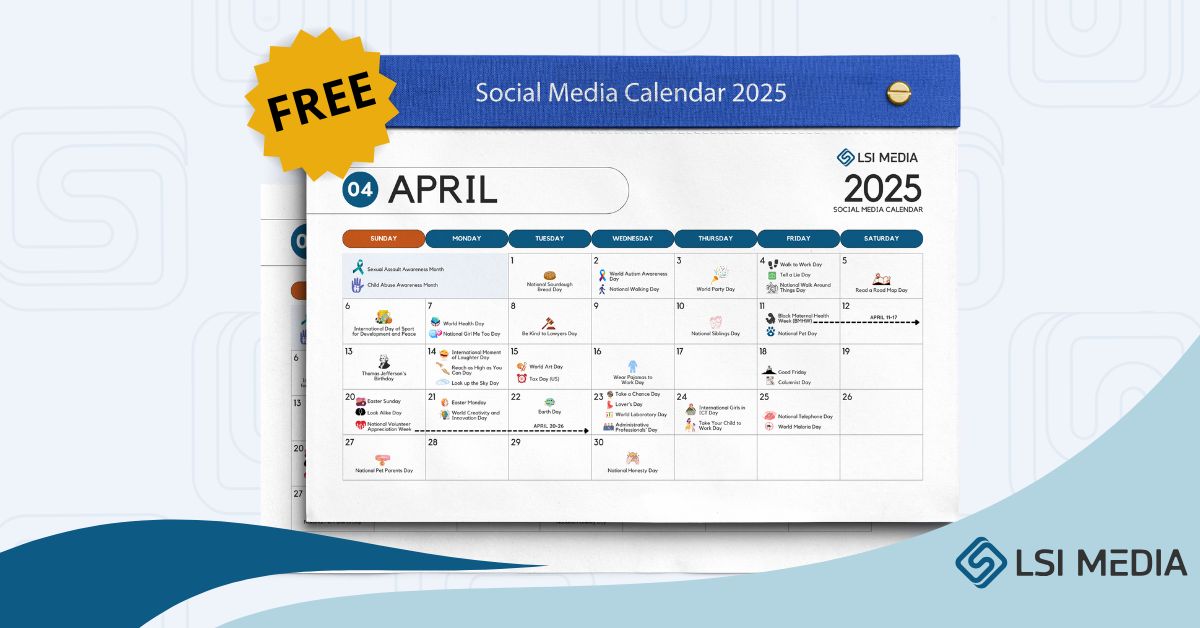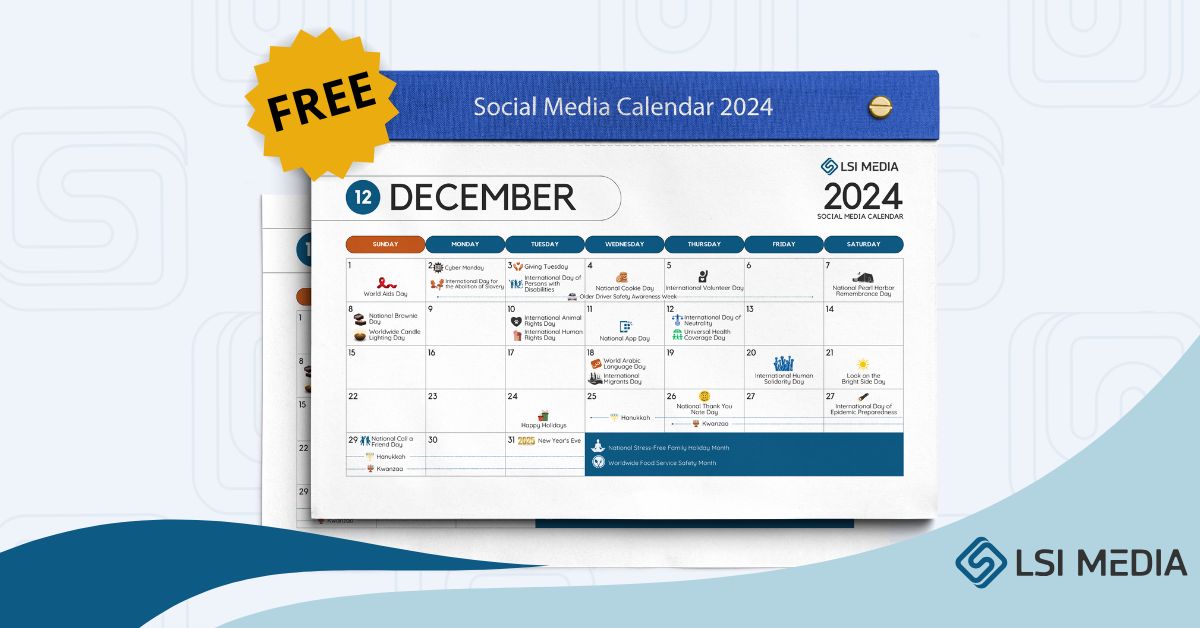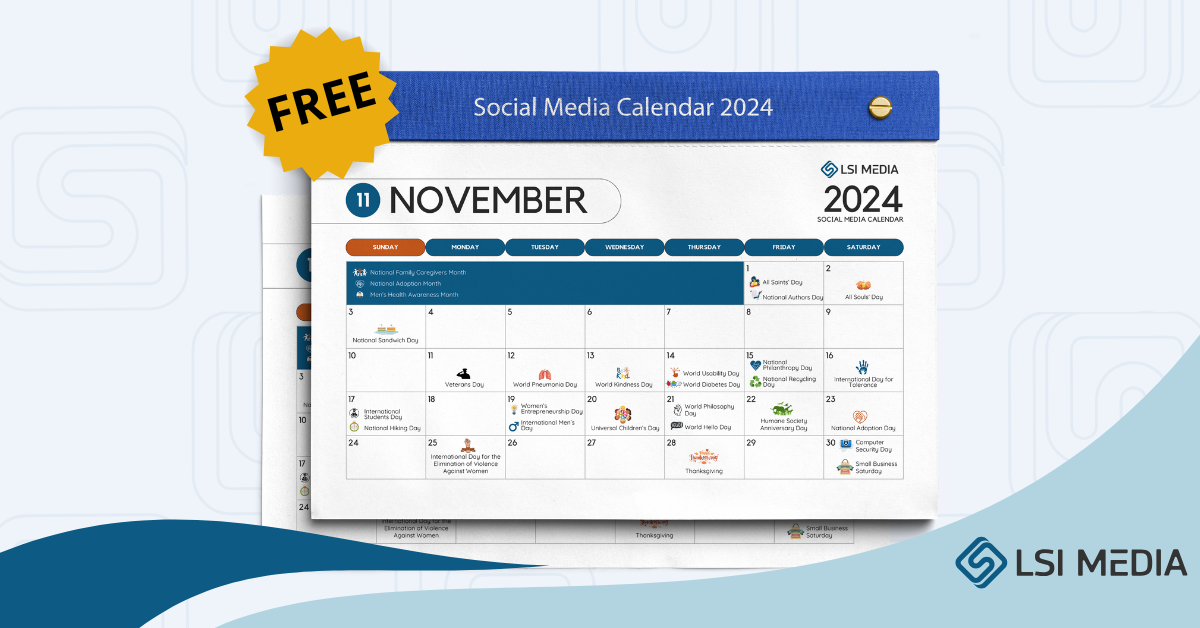[ez-toc]
Search Engine Optimization (SEO), is one of the most powerful digital marketing strategies available today. As digital marketing industry insiders affirm, your marketing plans should include local SEO. Apart from making your website search engine friendly, SEO also allows it to rank with relevant keywords.
In reality, SEO is one of the most efficient internet marketing strategies for many online business owners, developers, and site designers. In recent years, local SEO has become more important in the digital marketing world. With 46 percent of all Google searches done to look for local information, local search, indeed, benefits small companies. This implies that if your brand or business isn’t optimized for local search, you could be missing out on potential clients looking to shop in your neighborhood.
The following thorough resource will cover local SEO best practices and tools to assist you in optimizing your business for local SEO. This guide will provide you with a solid understanding of how to improve your business in order to attract potential customers who use local search to decide which products or services they want to purchase.
History of Search Engines
With fewer websites in the early days of the internet, accessing the web then was simple. However, as the internet grew in popularity, search engines were developed to help people discover the sites they were seeking more quickly. When you used a search engine and entered a phrase, the search engine matched that phrase with websites that contained the terms you entered.
Although Google began with a similar strategy, it quickly surpassed the competition after becoming the first search engine to analyze connections between websites to determine which websites were trustworthy.
Today, Google considers hundreds of criteria both on and off your website to determine if your site is appropriate for display as a search result. Your “digital footprint” is made up of factors, each with a unique weight or value that the search engine aggregates to deliver results. This “footprint” influences whether or not you appear first in a Google search.
How Google works
For each keyword, Google looks at the pattern of several website signals or ranking criteria, such as how relevant your site is to your search. Then it returns a list of sites that match your search. Most people don’t know that when they put anything into Google’s search field, it doesn’t perform a full-scale internet search. In reality, it’s looking through a stored duplicate of all the web pages that Google has found. The Google Index is the name given to this copy.
Google uses these so-called “spiders” to crawl the web to create the index. Each “spider” follows the same process: It begins on a single page, then follows the links on that page, scans the information on the following pages, and so on. The index is produced as online information is crawled and stored on Google’s computers. The “spiders” crawl and operate at rapid speed, scanning through trillions of pages. Meantime, new sites and links are also found rapidly, as the index is kept up-to-date with SEO.
What is local SEO and why it is important?
Let’s start by defining local SEO for those who are unfamiliar with the term. SEO refers to making it simple for customers to find their information on search engines like Google. The purpose of local SEO, meantime, is to target a geographically local market or client. It doesn’t matter if you run a little store or shop or a large franchise; you want to bring in both old and new customers to your physical locations.
With this, you need to create material that will be found in search results for keyword words related to your company. So if your company sells widgets, it should be listed for the keyword “widgets” and all similar terms and phrases in search engine results. Local search, in a simpler form, is more focused on a particular location than overall Google searches. To be more specific, Local SEO is the process of enhancing your internet exposure so that you can be found when people are searching for things in your local area.
Local SEO is important because of the following:
- It makes your business more visible on the internet
- It gets more people to come to your physical location
- It increases your chances of conversion by attracting more qualified traffic within your local area.
- It develops more credibility and trust in your business
Understanding Organic SEO vs. Local SEO
With SEO, keywords are used to help your site appear for customers who use search engines to find what they’re looking for. For the most relevant results for a keyword search (which we all conduct countless times every day), search engines scan hundreds of domains worldwide. You should be among the first to know about this opportunity! Hundreds of databases throughout the world are searched for data.
In contrast to organic SEO, which helps people find a company’s internet website, local SEO assists customers in finding a company’s physical address or location. So, if you own a retail store or a small local business, your website should be set up to market your goods and services at the exact place and time your clients are looking for them.
With local SEO services, this employs a variety of strategies and techniques to obtain higher rankings in Google and other internet searches, Google determines local results by combining information from your website and local businesses. True, if you own a store, restaurant, office, or any other type of business where customers might look for your products or services, local SEO is indeed a must-have.
Research on Local SEO’s Impact
According to SEO statistics, more than 60% of people want localized search results. Seventy-six percent of individuals who use their Smartphones to look for local businesses will go there the next day. Even better, 78% of consumers who use their Smartphones to look for local products make a purchase as a result of their search. Check out these interesting local SEO facts:
- Mobile devices now account for more than half of all searches.
- In the next 24 hours, 75% of mobile users who find a local company through a search on their device will go there in person.
- A whopping 80% of people who conduct a local SEO search do so without seeing any advertisements at all. Ads are less expensive, but they are less effective in the long run. As a long-term stand-alone strategy, PPC search advertising is around 6X more expensive than SEO.
- Near me searches on smartphones account for 82% of all searches, despite the fact that typing “near me” no longer returns local results. In other words, it’s what you’d expect.
- Eighty-five percent of shoppers conduct preliminary research online before visiting a store or making a purchase.
- Overall, a good local search ranking means more customers walking into your store. Local companies in a given area will be given preference in Google’s engine because of this. However, this is only possible if:
- Google knows that you are really local
- In your community, your store has the most clout.
- The website actively provides content that is relevant to the local area, demonstrating your local connection.
- Once people arrive at your website, you’re ensuring they have the finest possible experience (mobile-friendly, fast, etc.)
What Role Do Online Reviews Play in Local SEO?
84% of consumers trust online reviews as much as they do personal recommendations from sites like Yelp, Facebook, and Google. The more reviews you get and the better you reply to bad ones, the more visible you’ll be in search results and the more clients you’ll attract. Further, people can view your website’s star rating when it appears in a search. Businesses with a high number of recent positive ratings are more likely to be clicked on than those with a lower number of recent positive reviews.
This is because local customers rely on internet reviews to form trust relationships. Online reviews provide your items and services with local social evidence. Customers can see reviews that search engines have included in search results. Google and Facebook are two of the most essential search engines for finding good internet reviews.
Review data is collected by each search engine for your company page. Your ability to reply to consumer reviews will be seriously affected if you don’t have an online presence. Local businesses must concentrate their efforts on obtaining more positive reviews on social media and search engines like Google.
Best Ways to Do Local Search Engines
With these 10 local SEO ideas, you can now start focusing on how you’re going to shift the needle for your business.
1. Business Listing
There will be duplicate entries for your business as time goes on because of the way the internet works. All listings under your company name should be claimed, duplicates should be removed and the remaining listings’ information should be correct and updated. All these postings may seem overwhelming at first, but there are some excellent tools available that make it a breeze for anybody to find them. Finding all the listings related to your business is easy using Moz Local.
To get started, just type in the name of your company exactly as it appears on your website (this includes capitalizations, abbreviations, etc.) When you choose your company from the list of results, Moz will show you the entire, incomplete, inconsistent, and duplicate listings that are associated with your company.
2. Include a page for each location on your website
Search engines can more quickly identify your listing and give the correct location to the searcher if you designate a landing page for each of your company locations. Keep in mind that how you write your location information on these sites will affect how you update it elsewhere3. Consistency in NAP Implementation
Your company’s name, address, and phone number (NAP) must be constant throughout the internet for search engines to provide your business as a result to the searcher. It’s not as simple as writing your name and address on a piece of paper. LLC, Co., or Inc. are required in the name of your company. Consider the suite numbers and how the words, street, avenue, and road are spelled as well. Maintain a high level of consistency. This should be based on the information on your website about the place.
3. Everything about your Google My Business (GMB) profile has to be updated.
Daily, users from all over the world rely on your company listings to provide accurate data. It’s critical for your SEO that the searcher can quickly and easily detect this. You may check your name, address, and phone number by signing into your GMB account. Your company description, website URL, and hours of operation should all be included.
Your logo should be your avatar/profile image, and you should also change your interior and exterior photographs, as well as your product photos, to make them more enticing to buyers. Pixelated, unclear photographs give the impression of sloppiness and lack of professionalism, so use high-quality images instead.
4. Accomplish Feedback
The importance of reviews cannot be overstated. Your listing will stand out from the crowd if you use them as a local pack ranking element. In comparison to nearly any other local SEO strategy, getting happy clients to post you a Google review as a thank you for their business may take your local SEO to the next level.
In addition to helping you rank better, a review also increases the amount of space taken up by your result on the search results page. Getting reviews has the added benefit of social proof. When customers see five stars on a search result, they know your company is highly regarded by the people in their network.
5. Creating Locally-Focused Content
Local search rankings will be impacted by creating niche-specific content. This is a crucial approach for you to show your passion for the area. You may add your location to a variety of locations on the web.
- Postings on Facebook
- Mention where you’re from in a post on your blog.
- Contact information in the footer, such as a phone number with a local area code.
- Join forces with businesses that aren’t direct competitors to guest post on each other’s blogs and link back to yours.
- Incorporate the places into social media postings by using hashtags
- Make mention of nearby events and establishments like restaurants, venues, and pubs where appropriate
- Post your stuff to Google Posts and get it shared with others.
- Create Location Pages for each of your physical locations on your website.
- Regularly update your Google My Business page with deals and events.
6. Use the AdWords Keyword Planner in Google AdWords
This is a fantastic, cost-free tool for determining your local SEO keyword phrases and keywords. Search traffic and competitiveness data will be provided, as well as comparable terms being used by your local audience in your marketing efforts.
7. Obtain Links from Sponsors and Partners to Increase Your Online Visibility
Go for the easy targets. Make a list of the companies and organizations with which you have joint ventures or sponsorship relationships. This might also include your company’s involvement in philanthropic or fundraising events. Ask for a connection back to your website by contacting these points of contact and explaining your involvement with them before.
8. Link Building on a Local Level
It’s impossible to overstate the importance of link development for your company, in addition to gaining links from partners and sponsors. Work to build relationships with local websites in your industry to optimize your links as much as possible. Getting connections from authoritative websites in your local region will have a significant impact on your rankings.
9. Make use of Online Social Networking Sites
Because social media networks like Facebook and Twitter are completely free, they’re an obvious choice for staying in touch with your target audience. If you use Google to do a search, Google will crawl and retrieve results from your social media networks, such as Facebook profiles and customer reviews, LinkedIn profiles, YouTube videos, and your personal Twitter account.
Collecting reviews for better local SEO: Methods and Tools
Not every Facebook or Google review will have a 5-star rating. Better customer outcomes are influenced in part by star ratings. Quantity and relevance are also critical components of effective online review management.
- Automate your post-sale evaluation process by using email
- Invest in collecting tools like Podium.
- Include links to company websites and suggestions for what to look at
- At the point of sale, inquire about other customers’ experiences.
Make sure you have a system in place to respond rapidly to negative feedback. This can give customers a better impression of your shop, which could lead to an updated review.
Even while this post won’t be able to cover every scenario that may arise, we can give general warnings about things you should never do to obtain reviews, and then share a great deal of information about how you can collect reviews that you can use to figure out what works best for your design. Let’s get started!
Businesses that care about their name, rankings, and profits should refrain from the following mistakes:
- Don’t pay for reviews and don’t expect anything in return. Customer evaluations should not be compensated in any way, and marketers should not be compensated for paying customers to submit reviews.
- Make sure you’re not paying someone to submit reviews under a false identity as a consumer. Direct customer reviews on all third-party sites should always be posted by the customers themselves. You should neither, nor should your marketers, publish reviews on behalf of your customers.
- Reviewing your own business or encouraging your employees to do so is a bad idea. Customers should be the only ones to leave reviews for your business on sites.
- Don’t beg for reviews by putting up a review kiosk at your place of business. The use of the same IP address across several reviews on the same site may result in the removal of those reviews. You can’t control how consumers evaluate you if they’re using the same wireless network, thus even reviews coming from the same wireless network might trigger review blocking.
- Don’t make harassing comments about your competition on your website. Posting reviews of your rivals, whether positive or bad, is unethical and usually against the rules of most review sites.
- Don’t use marketing tactics that cause a spike in the number of reviews on a single platform all at once. Filters may be activated, and as a result, the reviews may be lost or mistaken for spam.
- Don’t limit your attention to just one type of media. If something happens to your reviews on any of the sites, you’ll be protected against reputation damage by diversifying where your business’s reviews are placed.
- Avoid damaging your business’s image by responding to unfavorable customer evaluations in an unprofessional manner. Answer unfavorable reviews honestly and professionally to show potential consumers that you are dedicated to providing outstanding service.
- Don’t forget to follow the instructions provided by the review platform in question. Review takedowns, public shame statements on your profile, and litigation can all result from failing to follow the guidelines of the most demanding review sites.
- Keep in mind that you also have a personal website to consider. Sincere reviews and testimonials can only be included on a site like this.
If you’ve learned how to avoid these don’ts, you’ll be ready to experiment with various methods for getting customers to provide reviews for your business. Using a mix of these approaches, with a little trial and error, you can find success.
How to Get More Online Reviews for Your Local Business
Getting a high frequency of favorable reviews is dependent on several factors, including how well you treat your customers, how well you educate your employees, how well you monitor quality control, and how you run your firm as a whole. Customer satisfaction and surpassing expectations are the foundations of every good review approach.
In-store signage can be used by companies with physical stores to encourage customers to provide reviews. Businesses with physical locations as well as service areas might benefit from collecting email addresses while providing service. After receiving an email from a consumer, contact them within a few days to see if they’d be ready to write a review about their experience. Provide them with a selection of platforms from which to choose.
Check out these further tips to get positive reviews for your local business:
- Teach your employees to express how much they value reviews by saying so out loud, particularly when a customer appears satisfied.
- Because not every consumer is a technology expert, think about handing them a basic evaluation form when you provide a service.
- If you have a page dedicated to reviews or testimonials, provide a link to your third-party review profiles there. If not, develop a new page for this purpose on your site.
- By posing questions on social media, you may generate responses from customers by asking for reviews on 2-3 different sites.
- Take the time to respond to all of the customer reviews when you can.
- When humor is used to generate buzz locally or internationally; customers are more likely to join the bandwagon and post a review for the company that is garnering all the attention.
- Verify the outcomes of certain review collection strategies to make sure you’re on the right track
- When it’s possible, use the services of any local competitors who have more positive ratings than you have on major review sites to gain insight into their review acquisition strategy.
- Evaluate your website to find out how simple it is for your typical consumer to give a rating or comment.
- Formal and professional evaluations are important, and you should not ignore them.
- Even if you have a large number of positive evaluations on a certain site, your work isn’t done.
- Relying on professionals may be ideal.
Conclusion:
A successful local SEO strategy must be integrated into a 360o positioning strategy, and opportunities to gain local visibility should be pursued only when they are truly relevant. Working on local SEO actions entails more than just creating a Google My Business account. Remember that both your website and the platforms you choose have a set of technical requirements that must be met to achieve tangible results.
Local SEO necessitates a significant amount of dedication and quality time; it is not the goose that lays the golden eggs. When you have properly implemented local SEO strategies for your campaign, it is best to evaluate and analyze their performance as you gradually optimize your local visibility and positioning objectives.
LSI Media, a full-service digital marketing agency that also provides SEO services, offers a clear and effective blueprint as you start scaling your business. Take advantage of our SEO techniques and content marketing strategies and be ahead of your competitors. Reach out to LSI Media’s sales team today.
FAQs:
1. What is local SEO?
Local SEO is the practice of optimizing a website to increase its visibility and relevancy for searches made by people in a specific geographic area. The goal is to improve organic rankings in local search results, leading to increased website traffic and potential customers.
2. Why is local SEO important?
Local SEO is important because it helps businesses attract local customers who are actively searching for their products or services. By optimizing your online presence for local searches, you can increase your chances of appearing in the local pack, Google Maps, and other relevant local search results.
3. How can I improve my local SEO?
To improve your local SEO, you can:
- Claim and optimize your Google My Business listing
- Consistently update and manage online business directories
- Create localized content
- Optimize your website for local keywords
- Earn positive reviews and ratings
- Use structured data markup
- Build high-quality local citations
- Optimize your website for mobile devices
4. How can I choose the right keywords for local SEO?
When choosing keywords for local SEO, consider including:
- Location-specific keywords
- Localized variations of general keywords
- Long-tail keywords with local intent
- Keywords related to your business and industry
5. What are local citations and why are they important?
Local citations are online mentions of your business name, address, and phone number (NAP) on other websites, such as directories, review sites, and social media platforms. They are important for local SEO because they help search engines verify the existence and consistency of your business information, which can improve your local search rankings.





















